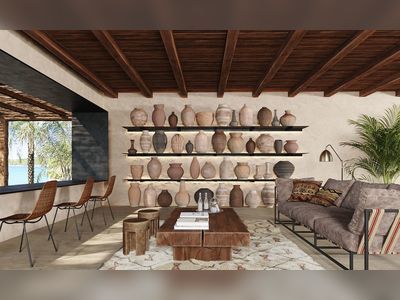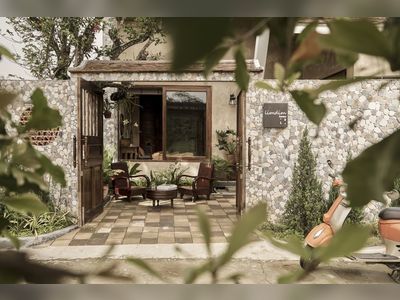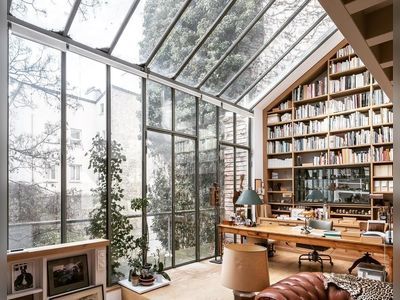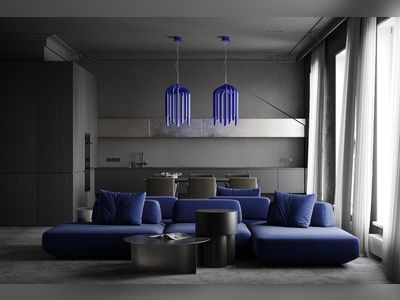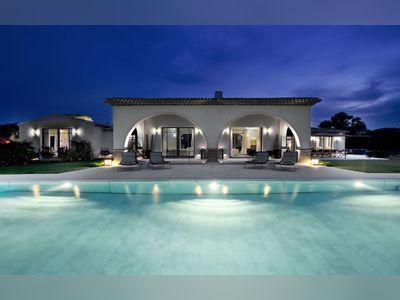Does a cluttered desk really mean a cluttered mind?
One of the most common New Year's resolutions is to be better organized. The first place to start with this is in your home.
If
you've ever heard of Feng Shui, you may have the misconception that it
is mostly about how well you arrange your furniture. However, there's
much more to it.
It may be the key to accomplishing your goal.
Deborah
Bouton is the founder of Environmental Harmonies in Carbondale and is a
consultant in sustainable living and Feng Shui instruction.
"Feng Shui literally means wind and water," she said. "The first practitioners of Feng Shui got to it by observing nature.
"What
works in nature and what doesn't work the thing that stood out the most
was flow. If you're in the way if the flow, you're going to get run
down. If you work with the flow it can support you."
In Eastern
medicine and philosophy, Chi is the life giving force that is always in
motion and is always seeking balance. Ill health or stagnation comes
from improper flow.
While it is a very complex subject, Bouton
said that everyday Feng Shui is a matter of optimizing the use of
common items and elements to create a more harmonious environment.
We
may think we're saving time by letting our clutter accumulate, but we
have no idea how much it costs us in stress and mental energy.
The challenge is making what we have workable and achieving a good balance.
"Most homes are blank slates when we move into them with our baggage," Bouton said.
It can just be a matter of paying better attention to your surroundings.
"My
experience is, in the 15 years I've been a professional practitioner,
those people that instinctively do Feng Shui are those people that tend
to slow down, take the time to be quiet, are more in touch with nature
and listen to things," Bouton said.

Tropical Boho Homes With Beautiful Vignettes & Vistas
Two tropical boho home designs, featuring swimming pools, cozy lighting schemes, interior archways, natural accents, and beautiful decor vignettes.
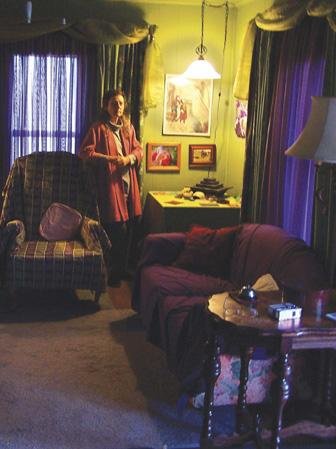

![A Tranquil Jungle House That Incorporates Japanese Ethos [Video]](/images/22/08/b-2ennetkmmnn_t.jpg)
